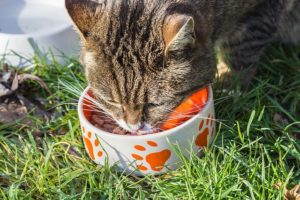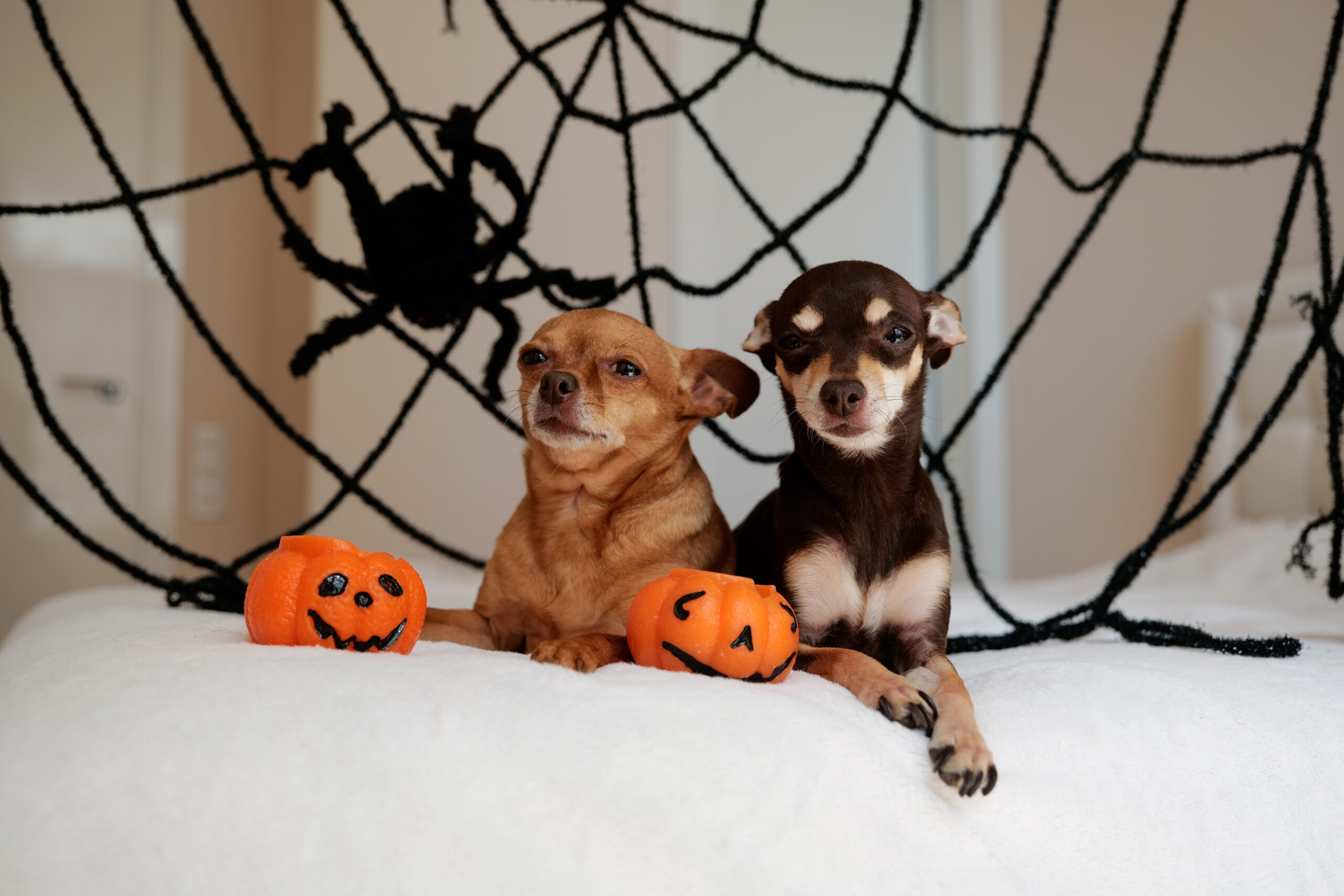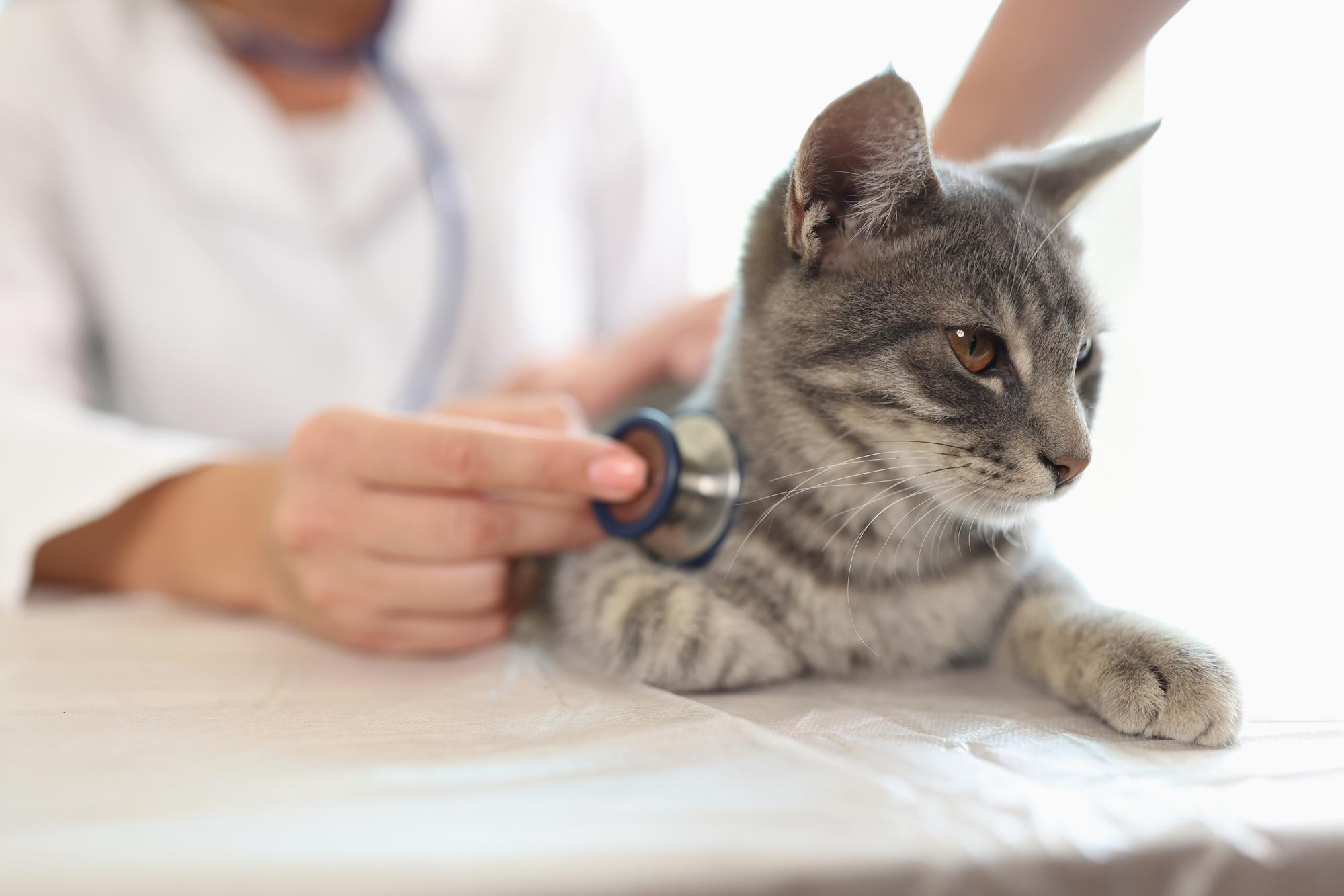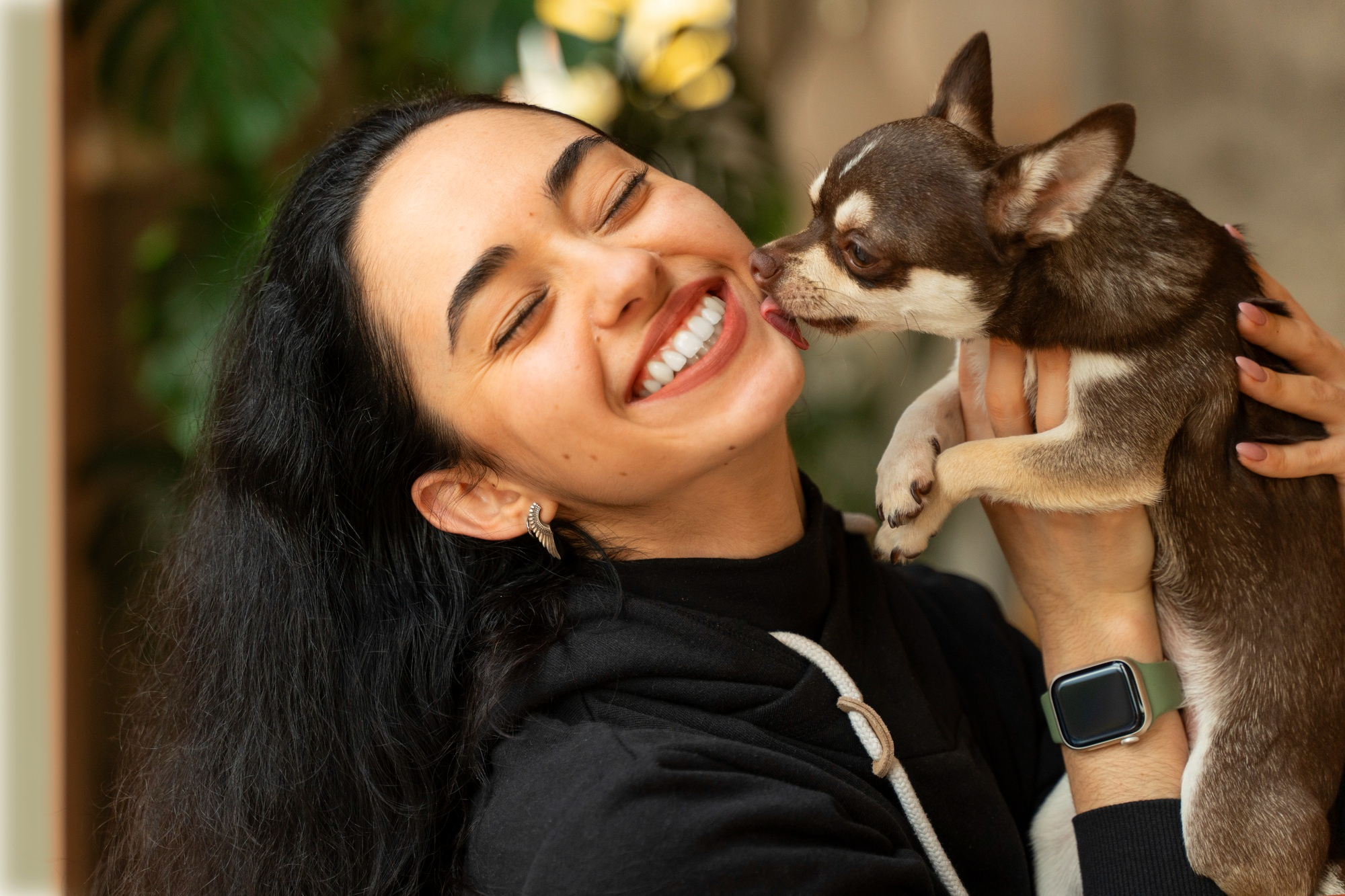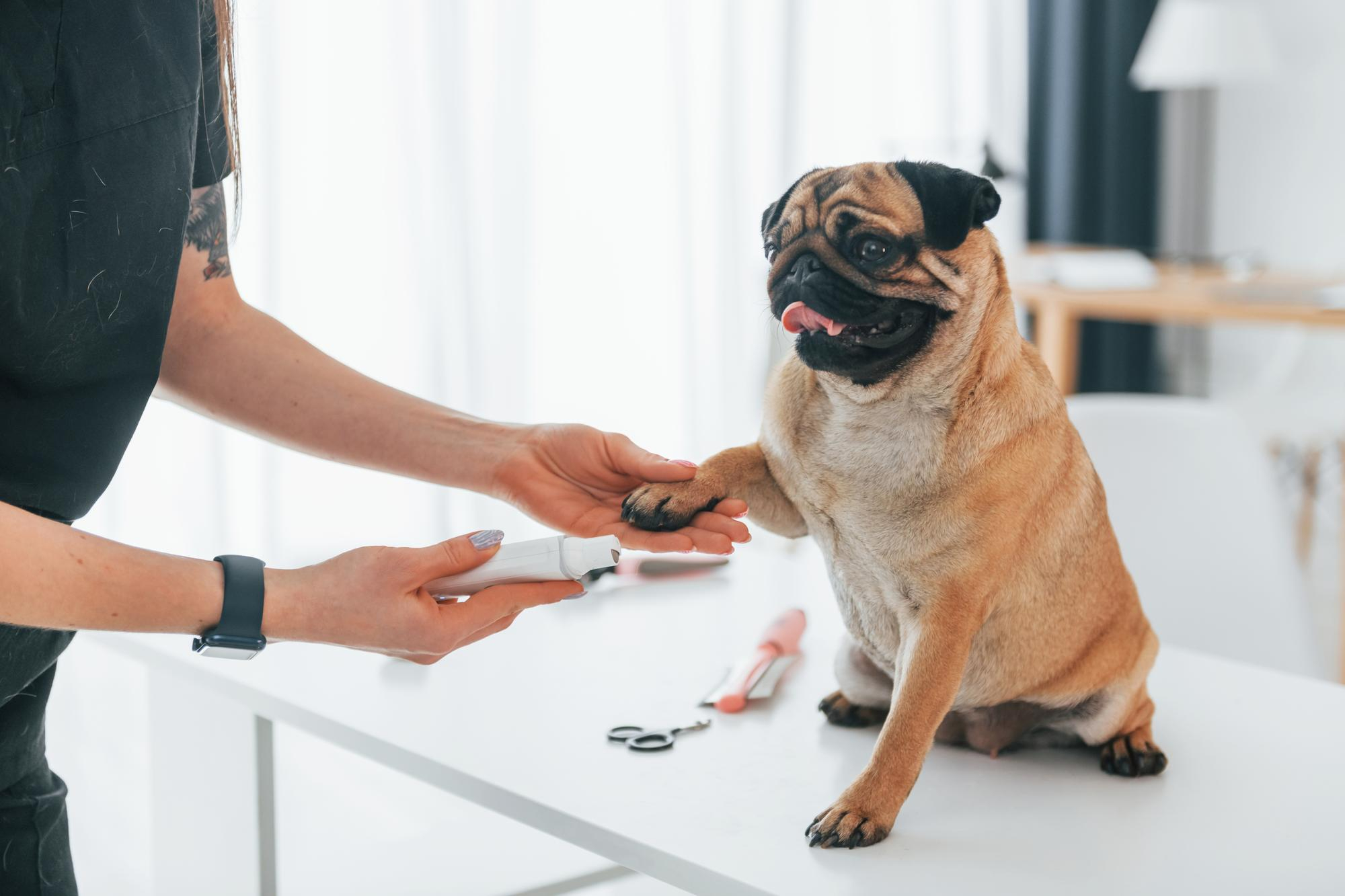Have you ever found that you left your vet’s office with questions remaining after your appointment? Or are there questions about caring for your pet that you’ve always wanted to ask, but never got the chance? In this Ask an Expert post, we’ll go over some commonly asked questions by pet owners!
Q: What is catnip? Is it safe? What do I need to know about catnip and cats?
A: If you own a cat, odds are you know about the effects of catnip on felines. It’s a mild hallucinogen for cats and can lead to them acting erratically, rolling around contently, or simply enjoying themselves. A dose of catnip usually lasts 10-15 minutes before it wears off. Catnip is derived from a plant called Nepeta cataria, and it’s a natural feline attractant—even in the wild.
Catnip is completely safe for cats, and most of them love it. Your cat will probably refuse more catnip once they’ve had enough, but it’s a good idea to monitor how much they have and ensure you don’t leave it out for them to find. You should also space out catnip for your cat. We recommend limiting it to once a week.
Q: Why are my dog’s nails getting bent or falling off?
A: If you’re noticing abnormalities in your dog’s nails, it could be a sign of a problem. It’s completely normal for dogs with more active lifestyles to wear their nails short, particularly if they’re often walking on cement, rocks, or other rough surfaces. However, if you’re finding that your dog’s nails are loose, prone to falling off easily, or are abnormally sized and shaped, it could be a sign of a medical issue.
Potential reasons for nail abnormalities in dogs include nail bed infections, previous trauma, and immune-mediated diseases. If you see any abnormalities in your dogs nails let your veterinarian know so they can determine the underlying cause.
Q: Why does my pet’s breath smell bad?
A: Bad breath, otherwise known as halitosis, is more than just an unpleasant experience for pet owners. It can also be a sign of dental health issues. We recommend brushing your dog’s teeth at least once a day. This will prevent bacteria from building up in the mouth and creating unpleasant odours, as well as protect your dog from more serious dental problems down the line. Additionally, make sure your veterinarian is doing an oral checkup on your pup at least once a year, if not more than that. If your veterinarian has any concerns with your pets oral health, they might recommend a dental procedure to address these concerns.
Besides brushing and dental checkups, there are certain food and treat formulas that promote dental health. These can be very helpful for keeping bad breath to a minimum.
Q: Do I need to protect my indoor cat against fleas?
A: Since your indoor cat doesn’t leave the house, they’re lower risk for getting fleas but it is not impossible. Fleas can be brought into your home via people, visiting pets, or even by catching a ride on unwanted pests like rats or mice. Be sure to keep up with the routine of flea prevention, because while it may be a slight hassle, it’s nothing compared to the ordeal of eliminating a flea infestation from your home.
One important note: NEVER use flea products intended for dogs on your cats, or vice versa, as they can be very dangerous when used on the wrong species of animal.
Q: Are fruits and veggies good for dogs?
A: Fruits and veggies are healthy snacks for people, so they should be healthy for your pup as well, right? The short answer is: sometimes, yes. Many dog food formulas use fruits and veggies, giving your dog additional nutrition while still supporting their carnivorous diet. Raw carrots can also be given as an occasional treat. However, there are a few fruits and vegetables that you should be careful never to feed your dog, as they can actually be toxic and create medical issues for your pup. These include:
- Grapes
- Raisins
- Onions
- Garlic
- Lemons
- Avocados
When in doubt about what produce is safe to give your dog, always ask a veterinarian for their recommendations.
Q: What’s considered a healthy diet for my cat?
A: If you’re wondering what kind of diet is best for your cat, you’re not alone. There’s no shortage of options out there for cat owners, so how do you decide?
In general, we recommend considering all aspects of your cat in order to choose the right diet for them. This includes their age, lifestyle, (indoor vs. outdoor) existing health conditions, and more. Each pet has different specific needs to give them the nutrition they need – for instance, cats require taurine, an essential amino acid.
We also recommend feeding your cat a primarily soft/canned food diet, which will help ensure they get enough water in addition to what’s in their bowl. Also, ensure you keep human food and unhealthy treats to a minimum.
Q: When is it safe to bring my puppy around other dogs?
A: If you’ve just welcomed a puppy into your family, you’re probably anxious to get them socializing with other dogs! However, remember that your young dog still has a developing immune system, and you’ll need to wait until they’re fully vaccinated and have been dewormed before bringing them around other dogs.
Puppies generally receive their first vaccination at 8 weeks of age. It is best to wait another week after the vaccination till puppies can meet a small number of other vaccinated, healthy puppies and dogs. It is important to encourage meet-ups with friendly, vaccinated dogs in order to help socialize puppies at an early age.
After the 3rd booster, typically administered at 16 weeks of age, your puppy should be protected enough to meet and play with all dogs at the playground.
Do you still have questions to ask an expert?
Our veterinarians at Hastings Veterinary Hospital welcome any and all questions you might have about pet care for dogs, cats, and rabbits. Feel free to contact us if you have any questions you’d like to ask our experts about.
Creative Commons Attribution: Permission is granted to repost this article in its entirety with credit to Hastings Veterinary Hospital and a clickable link back to this page.







